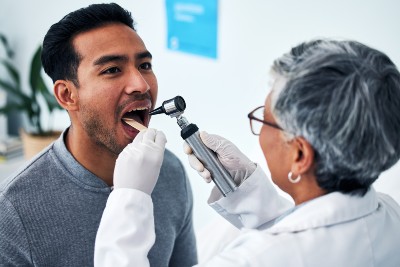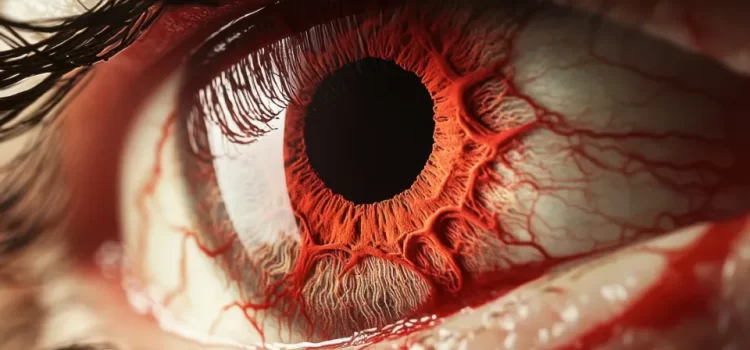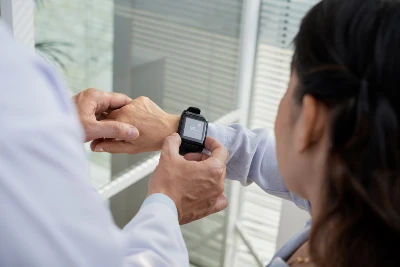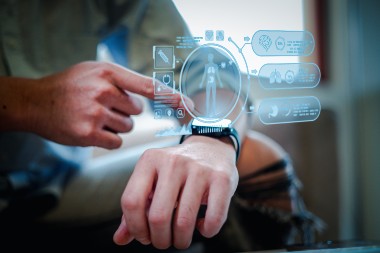Urgent Message: Metronidazole, even during short courses of therapy, can result in disabling neuropsychiatric symptoms. It is important for clinicians to be knowledgeable about these relatively uncommon but serious adverse medication reactions. Faren Clum, MD; Joshua Russell, MD, MSc, ELS, FCUCM, FACEP Citation: Clum F, Russell J. Recurrent Neuropsychiatric Symptoms in a Patient With Repeated Exposure to Metronidazole: A Case Report. J Urgent Care Med. 2025; 19(7):37-41 Abstract Introduction: Metronidazole is a commonly prescribed antibiotic. …
Read More









